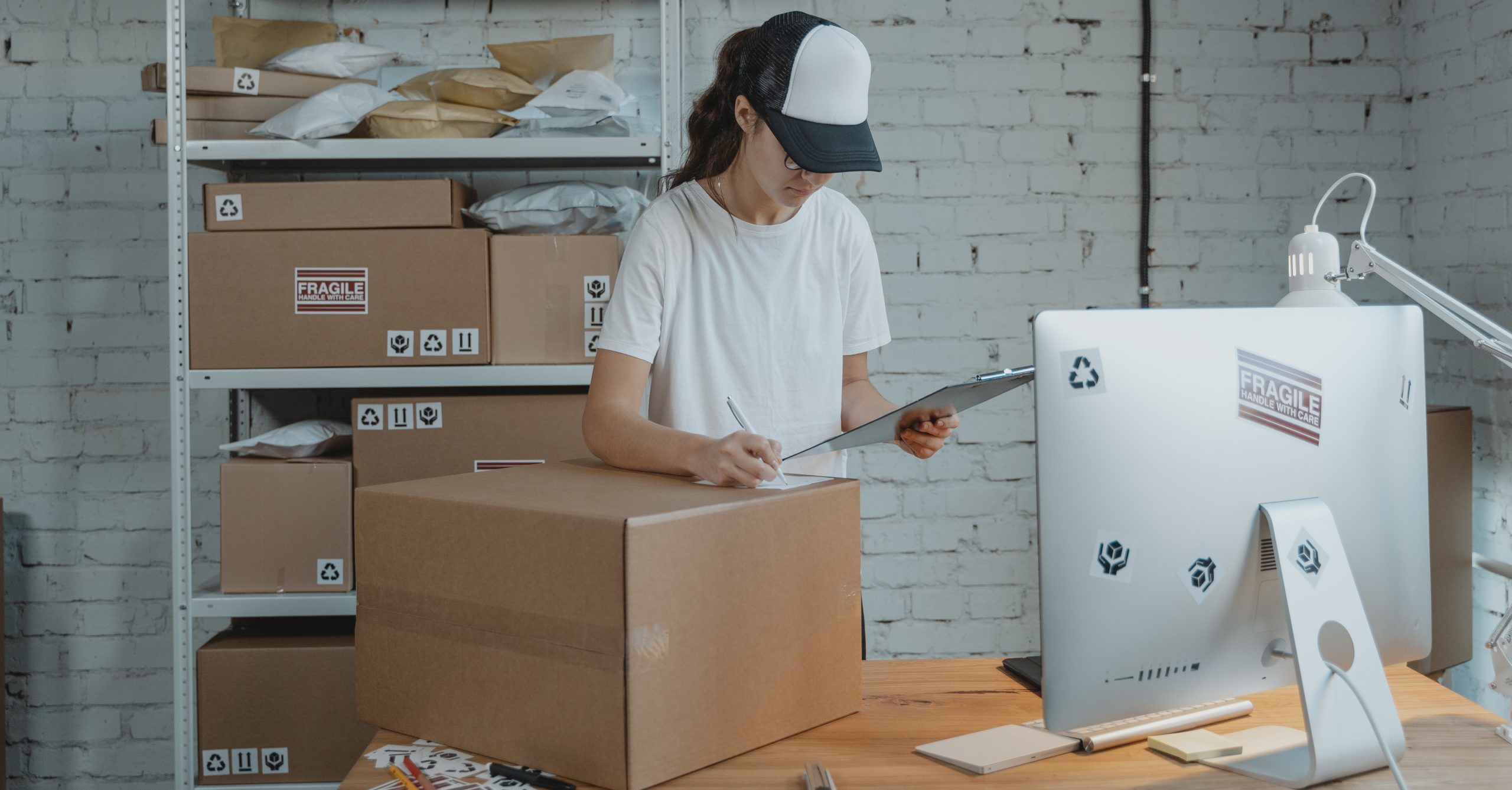A service or partner called third-party logistics (3PL) helps online retailers in controlling their supply chain. Managing warehouses and inventories, order fulfillment, shipping arrangements, retail distribution, exchanges, and returns are typical 3PL services. With 3PL, all inventory is stored, picked, packed, and shipped by a third-party company. Typically, 3PL receives your inventory at their warehouse, receives forwarded orders from your e-commerce store, and a warehouse worker receives a picking list to collect items from inventory. Many 3PL providers also offer the services of warehouse organization experts to help optimize their clients’ warehouse layouts and processes.
Then, items are packed in boxes with the receipt and order details; a shipping label is printed, the shipping carrier collects the package, and tracking information is uploaded and synced with your order management software.
How to choose the right 3PL company?
Choosing a third-party logistics provider is one of the most important choices you’ll have to make as your e-commerce firm grows. Your company’s logistics, customer service, and rate of repeat business can be made or broken by the partner. Instead of choosing a 3PL based location, think about where it will be in one or three years. It’s ideal to choose a long-term partner and to fixate on the one to three qualities that set that relationship apart from the competition.
When deciding on a 3PL provider, think about how you will get the best service. You should evaluate their operations, ask about the costs, set reporting and communication expectations, determine delivery service levels, etc. Analyze the effectiveness of the current procedure and whether it can handle an increase in inventory as your company grows. Consider how effective that method is and whether it can accommodate an increase in inventory over time.
You could offer more affordable shipping costs than the warehouse you’re considering. In that case, confirm that your warehousing partner will take them. Keep an eye out for consumer complaints about shipments on social media and in your customer service channels. A communication expectation should be established for inquiries on fresh orders, shipment updates, returns, inventory totals, adjustment notifications, etc.
You can avoid signing a contract with an unreliable logistics company by asking the following questions:
- how do they compensate for delays
- do they have good non-disclosure agreements
- do they have strong customer references
- do they have a good track record of financial stability
Verify that the 3PL connects with your current order management system, inventory management system, order processing software, and/or warehouse management solution before taking any further action. Systems that are synchronized make sure that orders are automatically filled and sent while also updating inventory levels.
Conclusion
The process is difficult, whether you’re working with a 3PL for the first time or already reducing your dependence on them. Be incredibly thorough while evaluating possible partners. The right third-party logistics providers can improve your company, while unreliable ones might ruin you.

